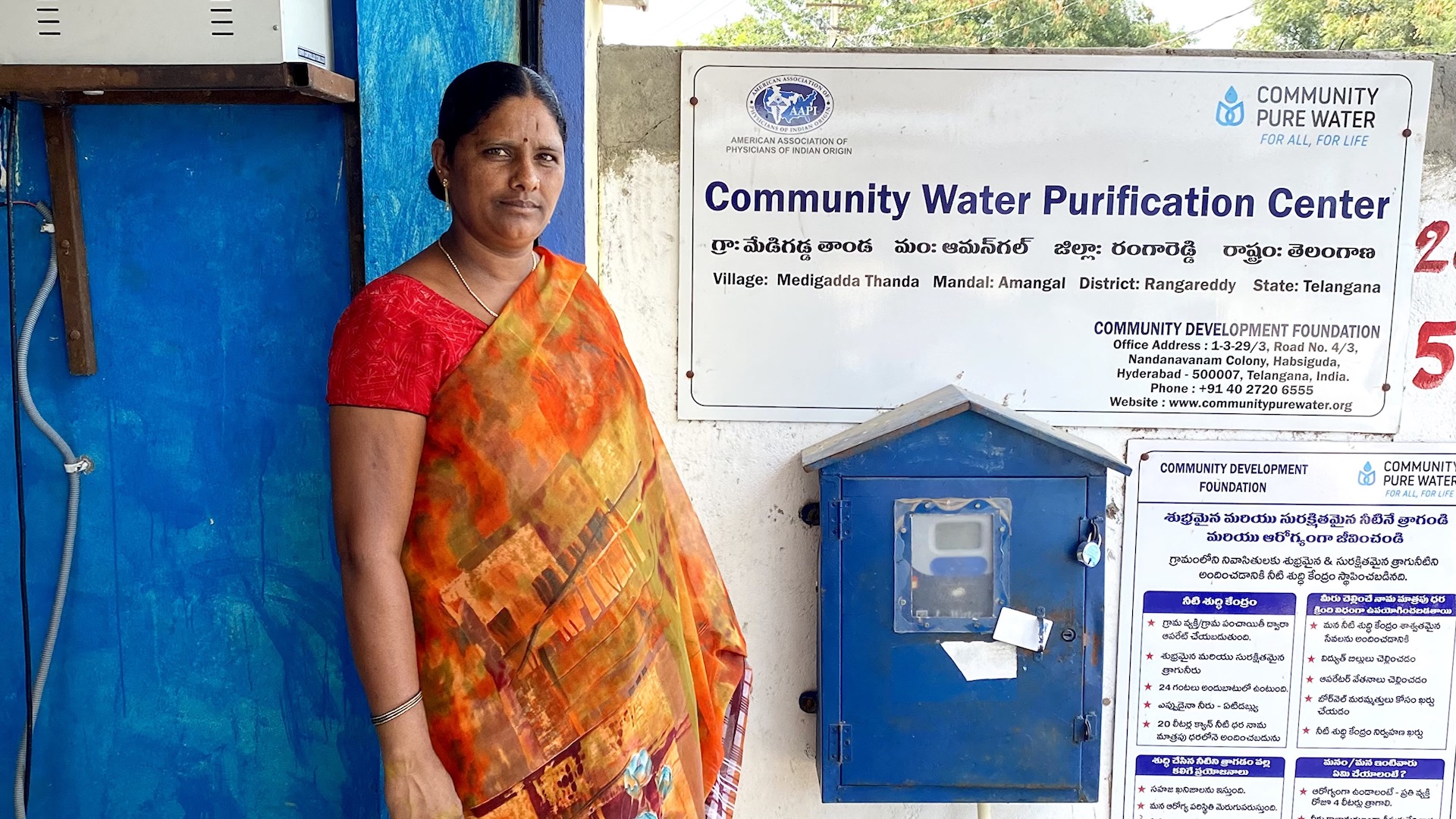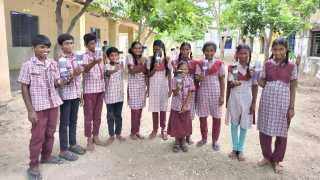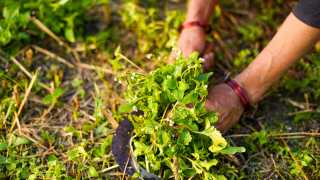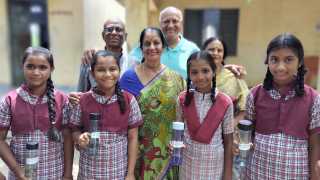In Medigadda Thanda, the face of hope is changing, thanks to Smt. Sharada’s unwavering dedication in managing the community water purification center. The significance of this transformation can’t be understated, especially in a region where access to clean water is often a distant dream.
Sharada, a loving wife and mother, deeply understands the pivotal role clean water plays for a family. In a village where livelihoods are intricately tied to farming and small Kirana stores, safe water becomes a lifeline.
But it’s not just about her family; Sharada, serving as the Sarpanch and running a small local business, saw a dire need in her community. In collaboration with Community Pure Water, she established a water purification center in her village. This initiative has already touched the lives of 80 households across three habitations.
These families now have access to affordable, clean water around the clock, sparing them from health costs and time-consuming water-gathering trips. This newfound access has given them a reason to hope for a better future.
Sharada’s commitment to improving her community transcends her role as a mere operator. She is the embodiment of hope and development in her village, bringing not only smiles but prosperity to her community.
In our village, life was quite challenging. Clean water was hard to come by and often too expensive. However, things have changed since Community Pure Water stepped in. We now have a steady supply of clean water, and the joy in our community members’ eyes reflects the positive transformation we’ve undergone. My small business has thrived, bringing new hope to my family’s aspirations and ensuring a good education for my children. Community Pure Water didn’t just provide us with clean water; it transformed our village into a better place.
– Sharada
Sharada’s exemplary story bears testament to the fact that one woman’s commitment can illuminate an entire community’s future.
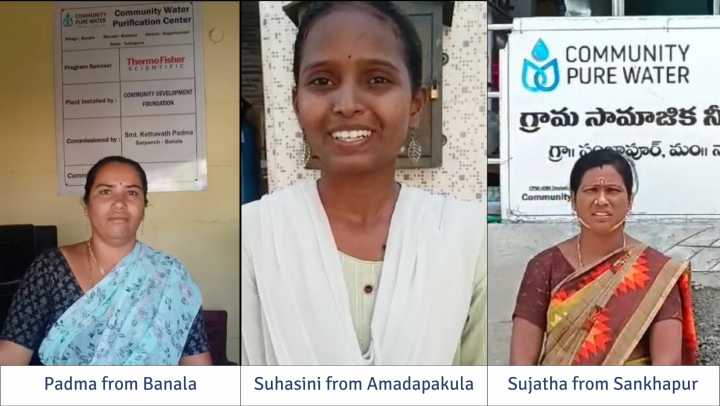
Sharada is one of 12 female water plant operators who have been appointed by Community Pure Water to lead their respective communities into healthier futures, as an impetus to break gender barriers in our villages. They act as local champions in the fight against water-related illnesses as well as gender inequalities, as they bind us to their communities and help us build trust and overcome local challenges. More and more people in their villages are switching to purified water as these women carry out their responsibility of educating the locals about the necessity of water purification.
The impact is two-fold: the villages gain access to a sustainable source of safe water, and these women find themselves in positions of leadership and influence. As they manage and operate the water purification centers, these women become role models, challenging stereotypes and reshaping perceptions about gender roles in their communities.
As we witness the positive ripple effects of this approach, it becomes clear that empowering women as plant operators is not just a job; it’s a catalyst for change. It’s a step towards building not only safe water sources but also sustainable, empowered communities that thrive against the odds.

